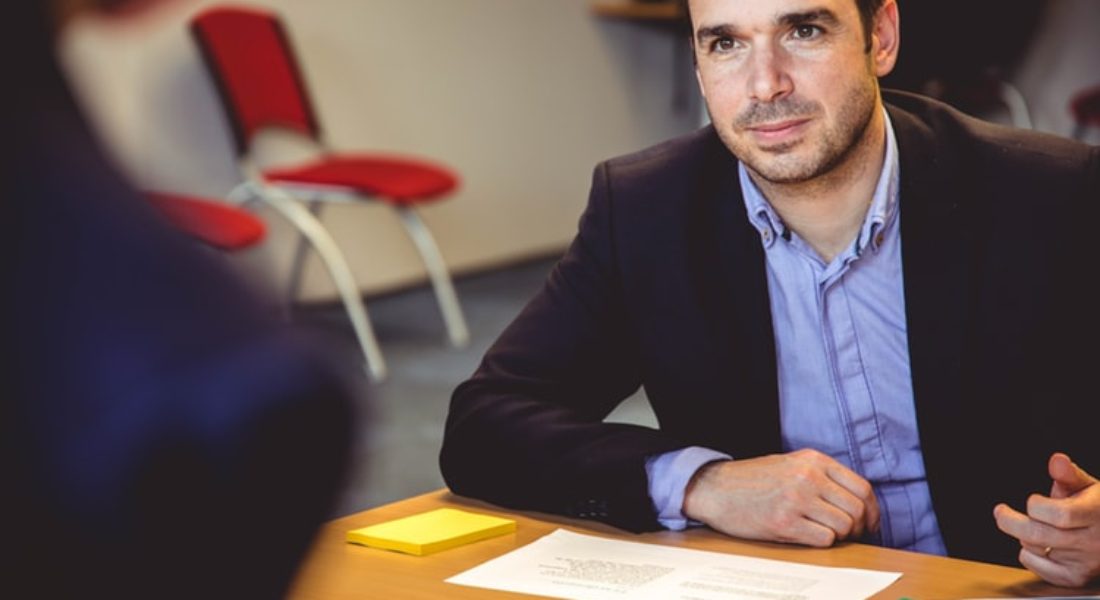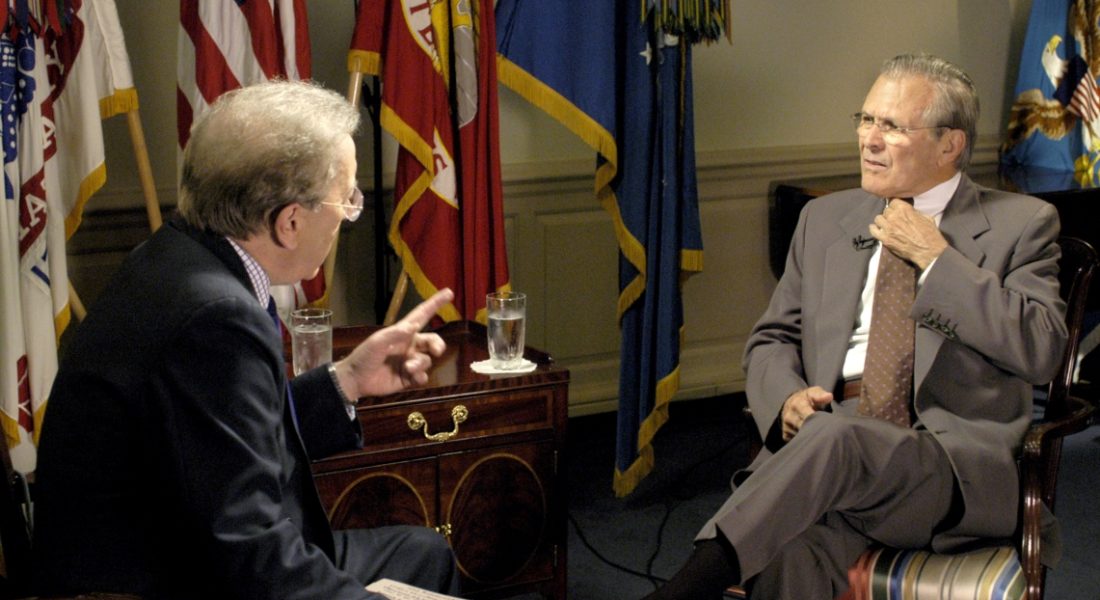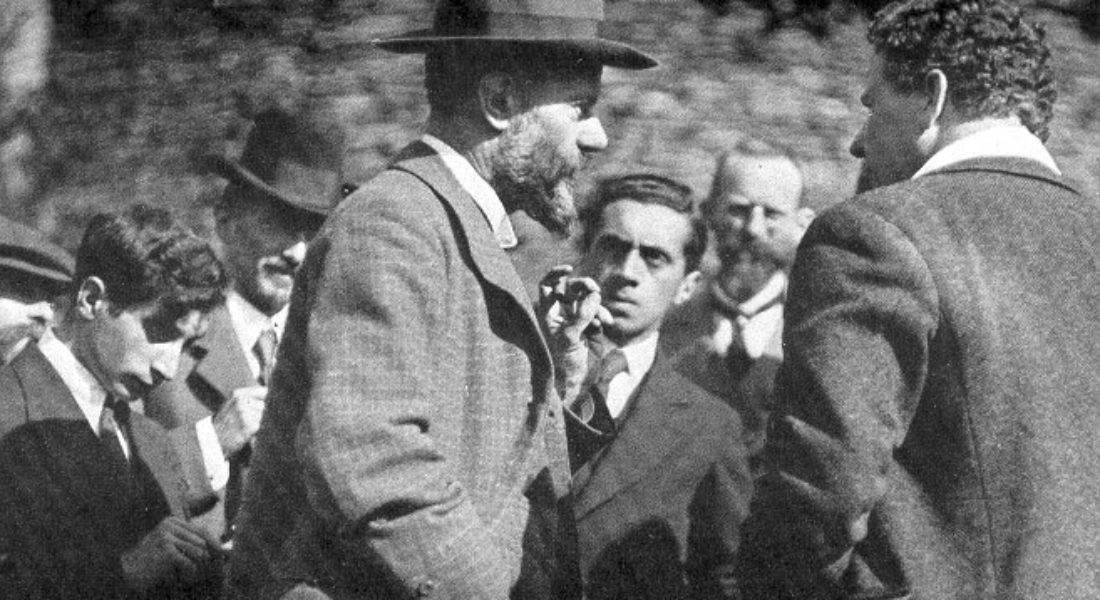The ultimate goal of any interview is to gather information and determine its validity. In that regard, did that candidate for a job, that witness under oath, that claimant or that suspect / person interest provide truthful responses to your questions? The following ethical techniques should help
Read more →If you are a student of the art who continually wants to improve your ability to conduct increasingly effective interviews, I recommend that you experiment with different techniques whenever possible. Add those that work to your tool box. Find ones that work best with your personality style,
Read more →This follows and supplements prior Newsletters and offers more tips for successfully conducting ethical, nonconfrontational interviews. As a student of the art, you should try out these and other techniques to see what works best for you. One size does not fit all! And, if you are
Read more →Previous Newsletters have described the downside of employing confrontational interviewing / interrogating techniques while offering more effective and ethical approaches. As a student of the process, you already understand that it is an art not a science and that you learn by doing. Herein below find some
Read more →This newsletter is regularly published to provide investigation tips to businesses owners, managers and HR personnel, claims personnel in the insurance industry and members of the legal community. Next week a regular issue will resume in that mission with Ethical Interviewing – Part 2. For this issue,
Read more →In last month’s Newsletter, the downside of employing confrontational interviewing / interrogating techniques was examined. During the next several Newsletters, this discussion will continue with a description of some of the most effective and ethical approaches. As a student of the process, you understand that it is an
Read more →For many years in law enforcement and in prosecutors’ offices, confrontational interviewing / interrogating techniques were the preferred methods for obtaining admissions of guilt / responsibility. In the private sector, however, less intensive techniques have been practiced, albeit, the approach was still confrontational or, at the very
Read more →Prior Newsletters on Disruptive and Repetitive Questioning have emphasized that this particular technique to ferret out lying is not for everyone. It involves a level of behavior on the part of the questioner that can feel uncomfortable. At the same time, research has confirmed its effectiveness in
Read more →This is the third in a series about using Disruptive Questioning to detect deceptive responses by increasing a suspected liar’s cognative load. For many years, UCLA Professor of Psychology R. Edward Geiselman has studied, practiced, written about and taught the effectiveness of Disruptive Questioning as an interviewing
Read more →The last BCW Newsletter began a series relating to an interview strategy designed to uncover deceptive statements by increasing the interviewee’s cognative load. More about that approach this month. Disruptive Questioning is not for everyone; however, if your comfort zone permits, consider introducing one or more of
Read more →







